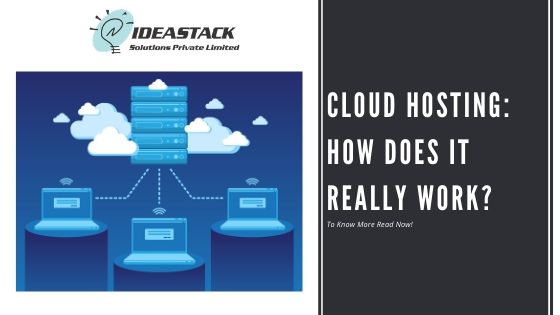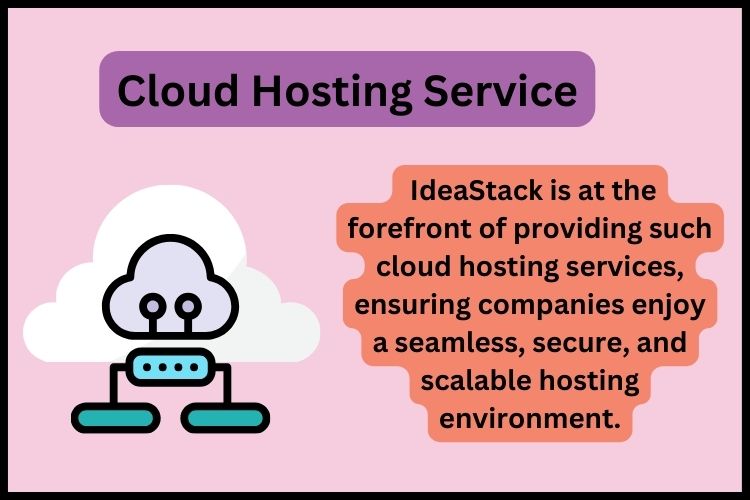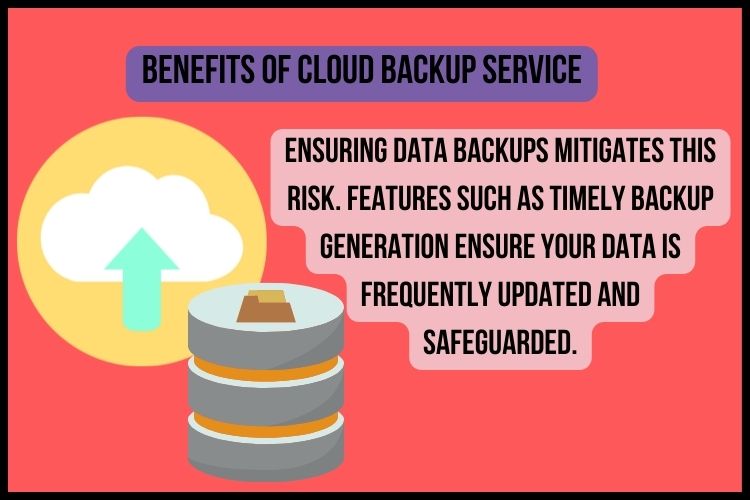Top 10 Web Hosting Trends for 2020
It is hard to overestimate the significance of web hosting in the digital age. It’s the backbone of every website, ensuring that it’s accessible to users around the world. But like every other industry, web hosting is subject to trends and changes. Here are the top 10 web hosting trends for 2023.
Introduction
There are lots of things to consider to become a reputable and reliable web hosting company. Security is just one among many, with 30,000 websites being hacked each day. Being able to offer website owners a 99.9% uptime is great and all, but it’s no longer enough if you need to stay within the game, particularly with the huge and leading players who are usually numerous steps ahead of everyone else.
Meanwhile, the escalating e-Commerce change is one of the main elements driving the increase of the web hosting industry. The e-Commerce market regularly requires easy website operations, maintenance, and records security, and these are some components where web hosting providers focus their product developments.
How many people are using the Internet?
The growth of the web hosting industry isn’t always without disruptions. Today, the most significant threat faced by web hosting providers is changing user attitudes towards hosting. Google trends shows that the search phrase “web hosting” has decreased by 60% over the past ten years.
The difference between creating a website yourself and hiring a professional web designer keeps growing as more small company owners search for ways to launch a website without having extensive technical skills.

1. Green Web Hosting
The website hosting industry significantly impacts the environment, with the internet’s annual CO2 output equivalent to 31 million motors. This is due to the physical locations where website data is stored, known as information facilities.
Hardware in data centers needs to be stored in a cool and controlled environment, which requires electricity-intensive protection and results in a significant amount of CO2 output.
RECs certify that a website hosting company contributed to producing renewable electricity, while VERs certify that a hosting agency helped decrease the number of greenhouse gases listed in the certificates. This helps to reduce the negative environmental impacts of the industry.
Green Web Hosting Trends Highlights:
- By funding green energy projects, web hosting firms are tackling environmental challenges.
- Certificates of renewable energy (REC) attest to a web hosting company’s investment in renewable energy generating.
- Carbon offset certificates (VER) give accreditation to a web hosting company that practiced reducing greenhouse gas output.
2. Cloud Hosting
Cloud hosting is a revolutionary concept that stores data across multiple computers, providing access via network connection, similar to a physical computer.
It offers unlimited processing power and storage space, making it a cost-effective alternative to traditional server configurations. Cloud hosting also offers a more efficient platform in statistics, as it allows resources to be pulled from multiple unique virtual servers.
This scalable and reliable hosting solution is a significant milestone in the web hosting industry. Cloud-based servers work collectively, providing 24/7 digital resources on a pay-as-you-use model, allowing website owners to only pay for the space they need.
This makes cloud hosting a significant milestone in the industry, offering a more efficient and scalable solution for websites.
Cloud Hosting Trends Highlights:
- In 2019, the public cloud service market is set to reach $206.2 billion worldwide.
- Right Scale’s annual State of the Cloud Report for 2019 reports that about 91% of businesses use a public cloud, while 72% use a private one.
- In 2021, cloud data centers are expected to process 94% of workloads.
3. Pricing Competition
The demand for web hosting trends is increasing, leading to increased competition in the industry. Web hosting companies often offer attractive and discounted purchase-in offers to attract new customers. The cost of building a domain varies depending on the complexity of your needs, including web hosting, domain, content creation, image design, web development, and marketing.
Web hosting offers unique pricing schemes with special features and options, with shared web hosting being the most affordable option. However, finding the right capabilities, hosting software, and pricing for a website can provide a smooth platform for online businesses.
Shared web hosting services typically offer high-quality server performance and functions, but website owners should be cautious and ensure the web host can cover all their website’s needs. Shared web hosting typically costs around $3 to $10 per month.
Pricing Competition Trends Highlights:
- With their pricing on the line, web hosting companies compete with one another.
- The least expensive kind of web hosting is typically shared hosting.
4. HTTPS as the Norm
In July 2018, Google Chrome marked non-HTTPS websites as “not secure” and promised an honest rating increase to encourage them to switch to HTTPS.
As a result, free HTTPS became standard in the web hosting sector. Switching to HTTPS can significantly affect web page ratings and may be costly for web agencies.
HTTPS benefits include higher website rankings on search engines, building customer trust, and protecting sensitive data. It ensures that all information collected on a site is secure and impossible to steal.
As a result, search engines and visitors tend to avoid websites without HTTPS. Web hosting providers must now offer HTTPS to their clients to stay competitive and avoid lag in the market.
HTTPS as the Norm Trends Highlights:
- Free HTTPS is a standard practice for web servers.
- As of May 2018, about 84.2% of pages loaded in Chrome are over HTTPS.

5. Fewer Data Centers
Gartner’s research predicts a 2.8% decline in worldwide spending on data centers, the backbone of the internet, by 2019, marking the largest spending decline for these hidden entities globally.
6. Security Protocols
Between January 2017 and March 2018, 1.9 billion personal data was compromised, leading web hosting providers to emphasize stricter security protocols. This has led to a growing emphasis on user privacy safety.
Web hosting solutions should offer more tools to protect client data, including compliance checks for CMS vulnerabilities, SSL certification, and encrypted storage.
Domain privacy is another important feature offered by ideastack, web hosting companies, as it ensures that non-public client information is hidden from the rest of the world. This is due to the increasing prevalence of records violations and cybersecurity breaches in recent years.
7. Offering Additional Services
In today’s technologically advanced world, the web hosting industry is witnessing a surge in growth and investment in new equipment and functions.
Client expectations for web hosting are increasing, and basic services like web design, HTTPS, SSL, and advertising and marketing solutions are not enough. Web hosting vendors are addressing these demands by offering various value-delivered offerings.
For instance, many website owners require online marketing platforms to overcome unique challenges in e-commerce. This accessibility to e-commerce help may attract more customers for web hosting vendors.
Additionally, hosting vendors provide online training, allowing clients to guide them through each stage of their website’s development. Other services offered include advertising and marketing and SEO.
8. Managed Web Hosting Services
Managed web hosting is gaining popularity in the web hosting industry, particularly for growing websites or online organizations without extensive technical knowledge in performance optimization and security.
The web host manages vital operations such as help table services, backups, and system updates. Some providers rent out fully operated computer servers, allowing website owners to focus on business development while admins manage the website.
The demand for managed services is driven by technological advancements, regulatory compliance, and lack of internal and technical knowledge. In managed web hosting, the vendor’s technical expertise is crucial, while content owners’ needs are equally important.
9. Targeting the Market
Web hosting companies must constantly strive to retain and attract customers, but not all market segments can be covered by a single provider. To stand out, companies should focus on niche markets, as it can be challenging to compete with large and established providers in terms of pricing and offerings.
This can improve website search engine rankings due to less competition. Specializing in a specific customer base allows companies to connect with customers on a personal level. Identifying a unique selling point (USP) can also help differentiate a company from competitors, but it’s equally important to choose a large enough target audience to generate profits.
10. DIY Website Builders
DIY website builders offer a clean and easy-to-use alternative to internet hosting, which allows users to control the coding and design of their websites. Both tools offer powerful systems for individuals or businesses to create and maintain an online presence.
However, DIY web builders allow users to create websites based on visuals rather than codes. The website builder market is booming globally, with a value of $6.25 billion in 2018 and projected to reach $13.5 billion by 2025. The growing need for companies to establish an online presence is one of the driving factors behind the growth of website builders.
Conclusion
Ideastack, the web hosting companies is evolving rapidly, with new trends emerging every year. From green web hosting to the rise of cloud hosting and the emphasis on security, there’s a lot to keep track of. However, by staying updated with these trends, web hosting companies can ensure they remain competitive and continue to meet the needs of their customers.
Frequently Asked Questions
Q1. With fewer data centers becoming a trend,how it optimizing its data center operations?
IdeaStack Solution is investing in advanced server technologies to maximize efficiency, implementing energy-saving measures, and utilizing virtualization to optimize server space, ensuring high performance with fewer physical data centers.
Q2. Why is HTTPS important for websites?
HTTPS ensures that all data collected on a website is secured and protected from theft. It also helps in building customer trust and can positively impact search engine rankings.
Q3. With the increasing popularity of cloud hosting, how it enhance, its cloud services for its clients in 2023?
IdeaStack Solution is expanding its cloud infrastructure, introducing advanced cloud management tools, and offering scalable and flexible cloud hosting packages tailored to the diverse needs of our clients.


















